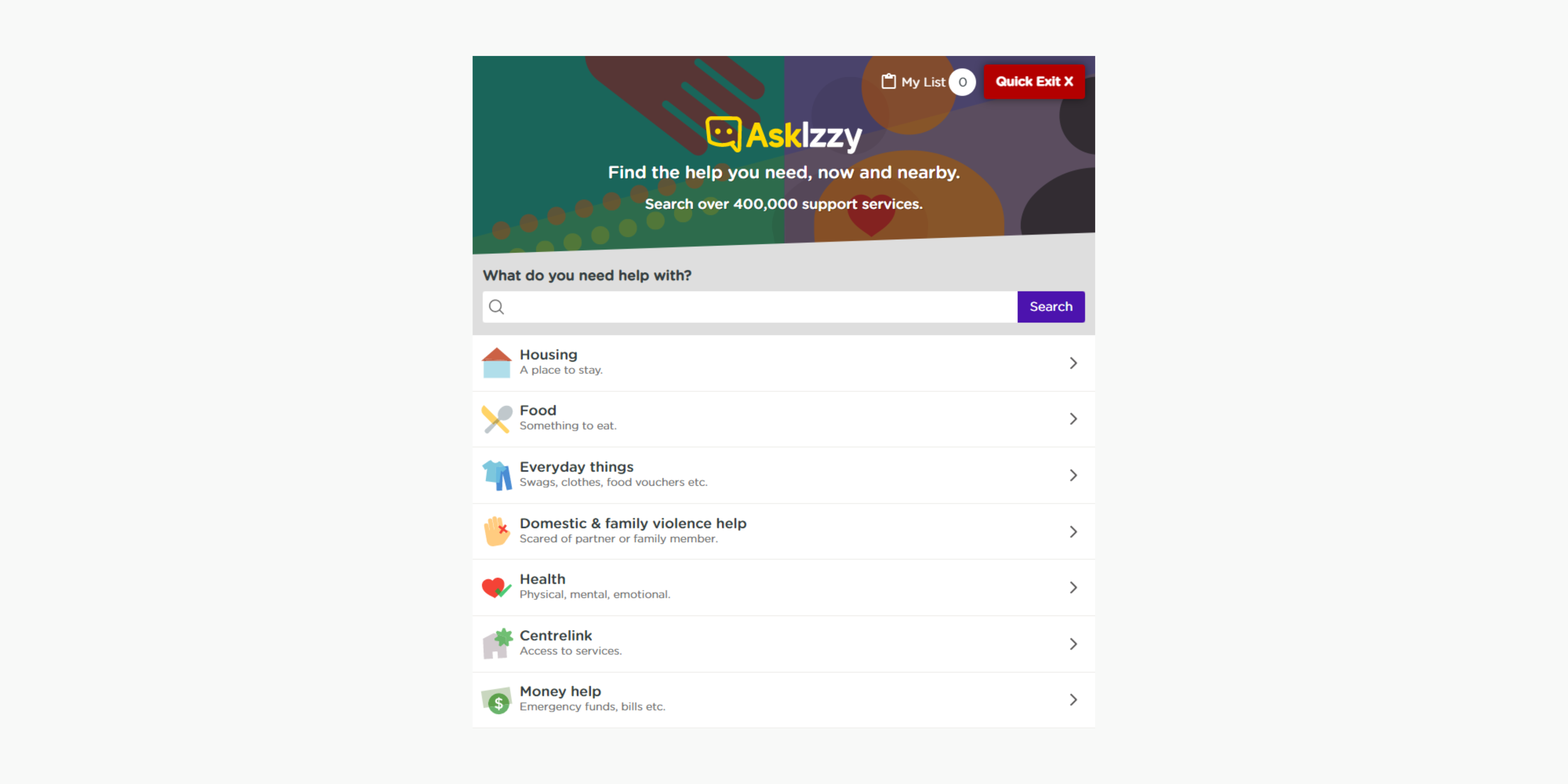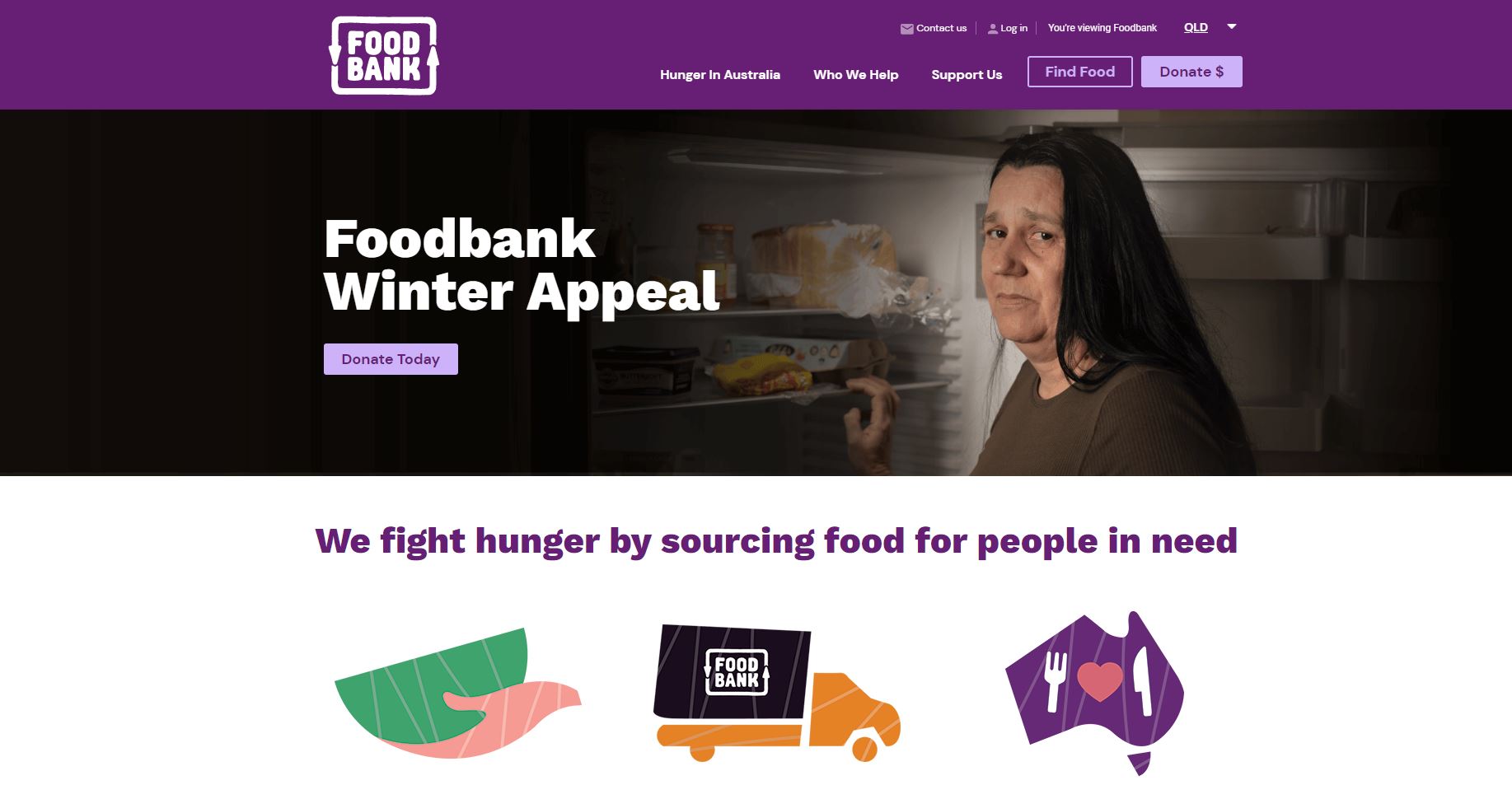Overview
Homelessness is a significant issue in Australia and can affect anyone, regardless of age, gender, sexuality, ethnicity, or social background. Unfortunately, the COVID-19 pandemic has made things worse in recent years, with many people losing their jobs and facing financial difficulties, which for some lead to homelessness.
In addition, low rental property availability, rising interest rates, and cost of living hikes, such as increases in the cost of food, petrol, and other essentials have made it difficult for many Australians to manage not only their debt but general finances resulting in stress, mental health decline, and homelessness.
Homelessness can often have adverse effects on a person’s mental well-being, and poor mental health can lead to homelessness for many. Being in an unsuitable living situation can negatively affect a person’s mental well-being. For example, when a person lives in an unsafe household or cannot sustain a suitable or permanent living situation due to financial difficulties, relationship problems, or living with unsuited roommates, they may experience stress, anxiety, and, homelessness.
Likewise, a person experiencing a mental health condition may also find it challenging to maintain their housing. While not everyone with a mental health condition will face instability in housing or experience homelessness, these problems are frequently intertwined.
Housing in Australia
The Australian Bureau of Statistics reported that on Census night in 2016, more than 116,000 people were estimated to be homeless. More recently, the 2021 Census report, released in March 2023, identified a growth in this figure identifying that more than 122,000 people were experiencing homelessness in Australia at the time of the survey.
Factors Contributing to Homelessness
Homelessness may arise due to various factors, such as changes in a person’s income, exposure to domestic violence or trauma, health status, substance abuse, or inadequate access to affordable housing, among others.
Although anyone can be affected by homelessness, certain groups of the population are particularly vulnerable and overrepresented, including Indigenous Australians, LGBTQIA+ individuals, and people experiencing mental health conditions.
According to the Australian Institute of Family Studies (2019), young people leaving out-of-home care are also at a higher risk of experiencing homelessness than the general population. A 2022 report by the Australian Institute of Health and Welfare noted that 30% of young people aged between 15-17 years who exited out-of-home care in 2020-2021 experienced homelessness within the first 12 months.
The Australian Institute of Health and Welfare also notes that the number of veterans experiencing homelessness has increased in recent years. As a result, there has been an increase in research being conducted on the effects of homelessness on Australian veterans.
Support for those experiencing Homelessness
People who are homeless typically require access to a range of services, such as income support, community and clinical treatment services (including mental health and substance abuse programs), employment and training services, education programs, aged care services, immigration services, and legal and court services.
Some people may require support for a brief amount of time whilst others may be linked with services for several years.
Although there are services across Australia that support people at risk of or experiencing homelessness, resources are limited and unfortunately for some inaccessible.
When looking at support, it is also important to acknowledge the often-overlooked role of carers and families in providing essential support to their loved ones who are homeless. They can offer critical assistance, such as food, shelter, and emotional support when services cannot.
When looking for support in addressing homelessness, a couple of recommended places to start include:
- Local community groups and neighbourhood centres are often the best place to start when seeking support in this area. They often have a list of community housing providers and services within the local area. They can also assist with where to get food parcels, financial assistance and short-term accommodation.
- Speaking with local state or federal members. State and federal members are well connected in their communities and are often aware of what services are available to people. State and federal members often have office locations that people can visit or contact to discuss their concerns.
- Some local Churches offer outreach programs, soup kitchens or food banks, financial aid, counselling as well as shelters and temporary acco It’s important to note that the specific services and level of support provided by churches can vary depending on the size of the congregation, available resources, and community needs. However local churches often collaborate with other charitable organizations, government agencies, and community groups to assist those experiencing homelessness.
- Not-for-profit organisations such as Mission Australia, Wesley Mission and The St Vincent de Paul Society offer emergency relief. This can include help with basic needs like food through local food vans and vouchers, as well as clothing, shelter, and other essential items that people may need to survive in a crisis.
There is no denying that finding the right support in a timely way is hard, but don’t give up, leave no stone unturned! Whether it’s a local Facebook group or local church or community group, these people are often well connected in the community and can connect people with vital assistance depending on their needs. We all need help from time to time and sometimes we need to lean on our community to help us through those tough times and often the people who are helping are those who have been also experienced similar times of need.
The connection between mental health and housing
A person’s access to services, support from family and friends, income, and other life events can all have a significant impact on their housing situation, as well as their overall mental well-being. For some poor mental health can create obstacles when it comes to finding and maintaining suitable housing. Research also demonstrates that those who experience homelessness are at a higher risk of developing mental health conditions than the general population. If a person does not have a stable place to live, it can cause stress, anxiety, and depression.
Homelessness can be a recurring problem, especially for those experiencing a mental health condition. The Mental Health Productivity Commission Inquiry Report Volume 1, published in June 2020, found that a quarter of people admitted to acute mental health services were homeless before they were hospitalised. Even more concerning is the fact that many of these people are discharged from the hospital without housing, making it difficult for them to receive proper follow-up care. A similar issue has been identified for those leaving correctional facilities.
There are various factors that can be considered when looking at the relationship between housing and mental health:
- Not having stable accommodation can lead to stress and for some anxiety and depression.
- Unmaintained housing or living rough can impact a person’s mental well-being whereas quality housing can have a positive impact on mental well-being.
- Living in a community with lower crime rates and without visible physical deterioration can have a positive impact on mental well-being.
- Shortage of housing services can mean long waitlists and the inability to get the support needed.
- Loss of tenancy due to stigma and discrimination
- Loss of income or living on a benefit or pension can place a financial strain on a person. When a person’s mental health is poor they may not prioritise finances well leading to loss of tenancy.
- Shortage in social and affordable housing and an increase in high-cost private rentals.
- Shortage of mental health support services including limited availability in short term and supported housing programs.
- Living in an area that is away from family and or other supports.
- Complex procedures for housing applications
The standard of housing can also play a vital role in a person’s physical and mental well-being. Access to amenities such as ventilation, bathing, sleeping, plumbing, and cooking facilities are all important.
Factors that can pose a risk to a person’s health include:
- Temperature. Living in excessively hot or cold conditions can lead to heat stroke or respiratory diseases.
- Damage that is not repaired such as mould and other hazards including uneven floors, broken windows, and steep stairs can lead to physical injury and or illness.
- Unsuitable housing or homelessness can lead to a number of poor health outcomes. This can be a result of limited or no access to adequate amenities and nutritional meals often leading to poor diet and dental health and increased vulnerability to illness.
- Overcrowding. When a home or living space is overcrowded, the chances of disease transmission increase rapidly.
- If a person is faced with limited housing choices that lead to unfavourable living conditions, like living with unfamiliar people, feeling uncomfortable around them, or being exposed to individuals living with addiction, they may experience feelings of insecurity, isolation, or unease.
Next Steps
In Australia, there is help available for those who are homeless or at risk of becoming homeless. Unfortunately, people don’t always know about these services or how to access them. Services can vary depending on location and may include crisis and short-term accommodation, laundry facilities, legal assistance, emergency relief and meal assistance such as mobile food vans.
For additional resources head to the Get Help Page and Explore Service Options.



